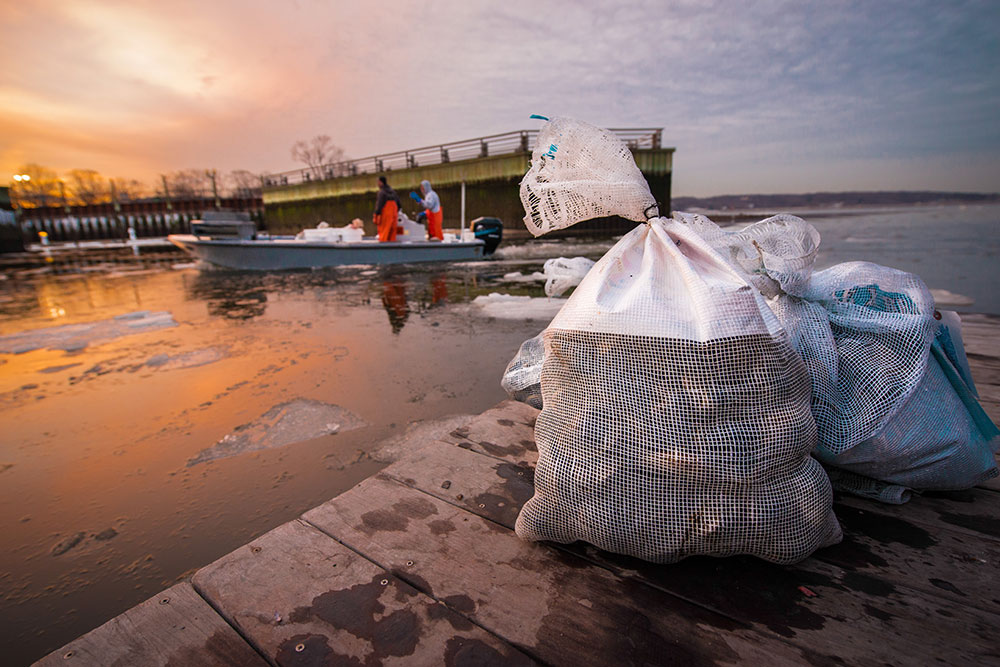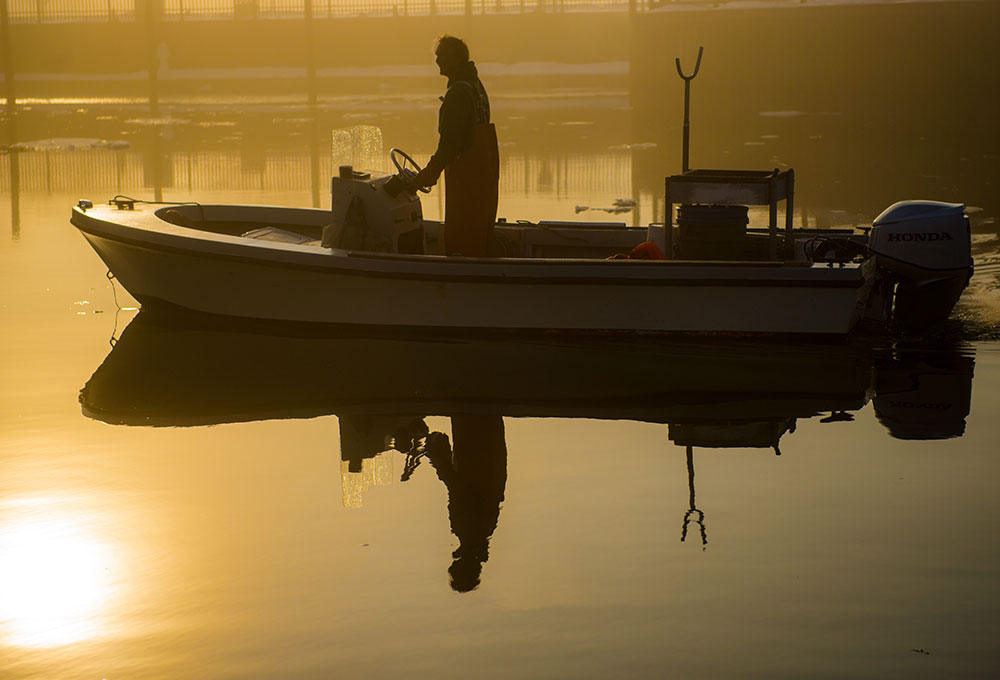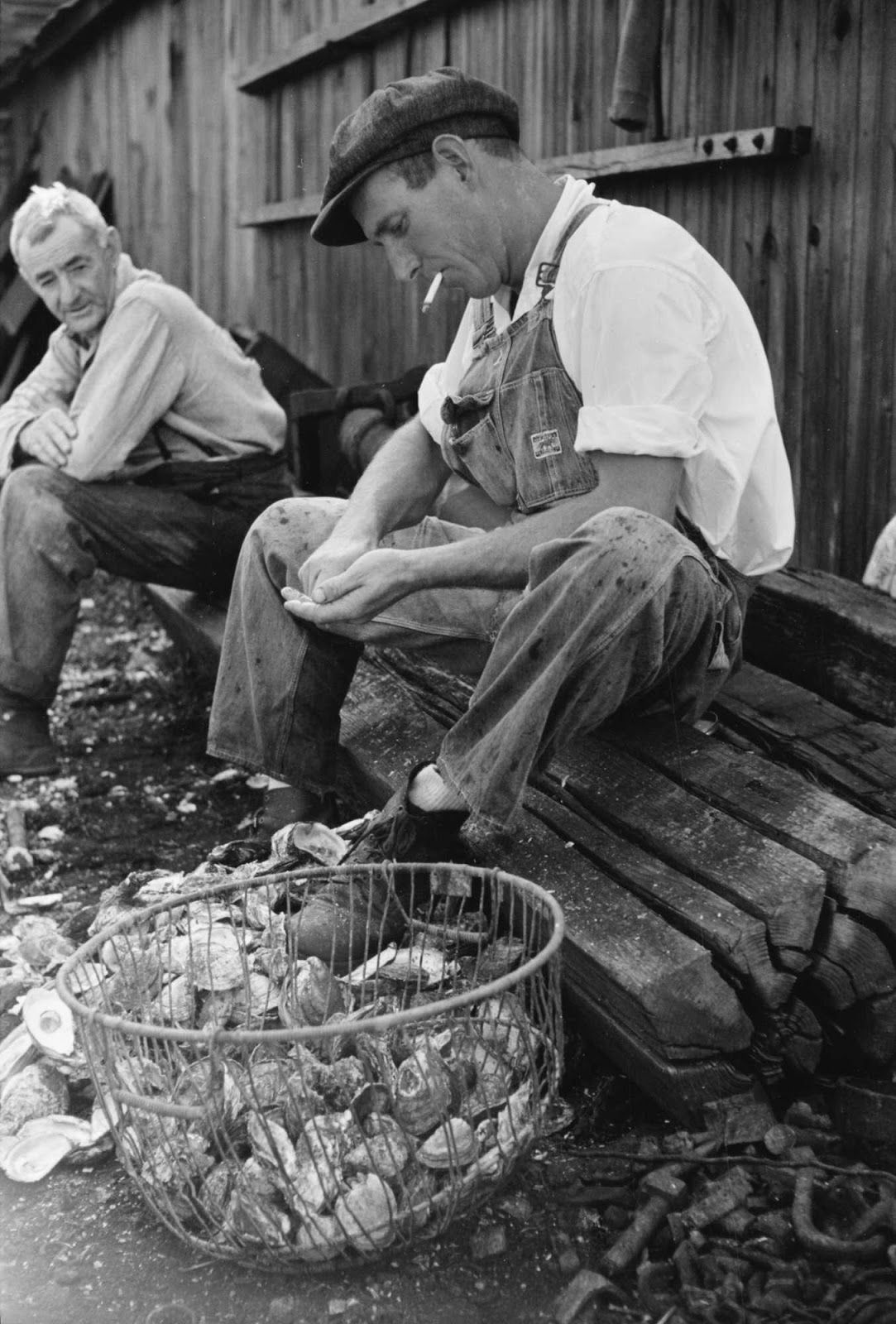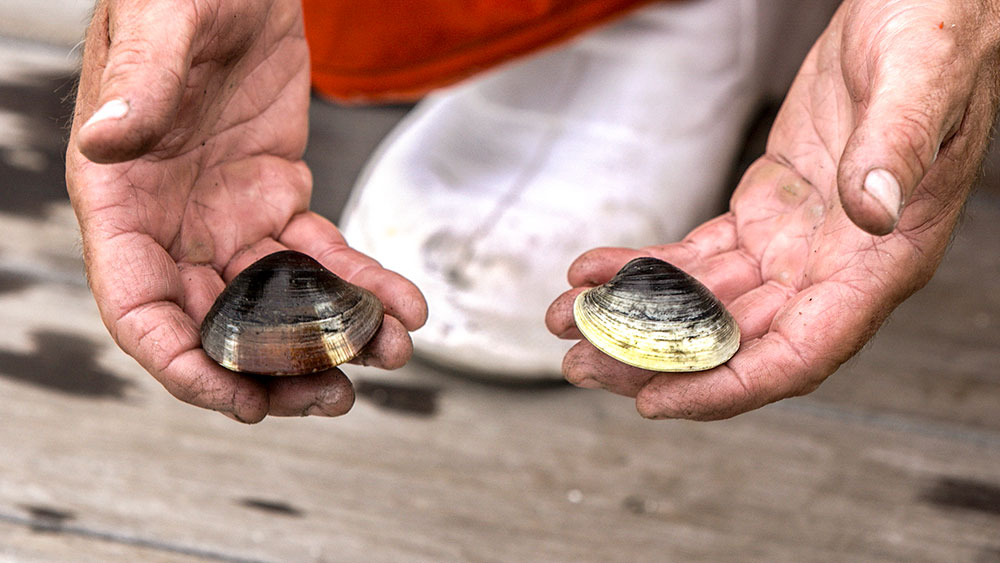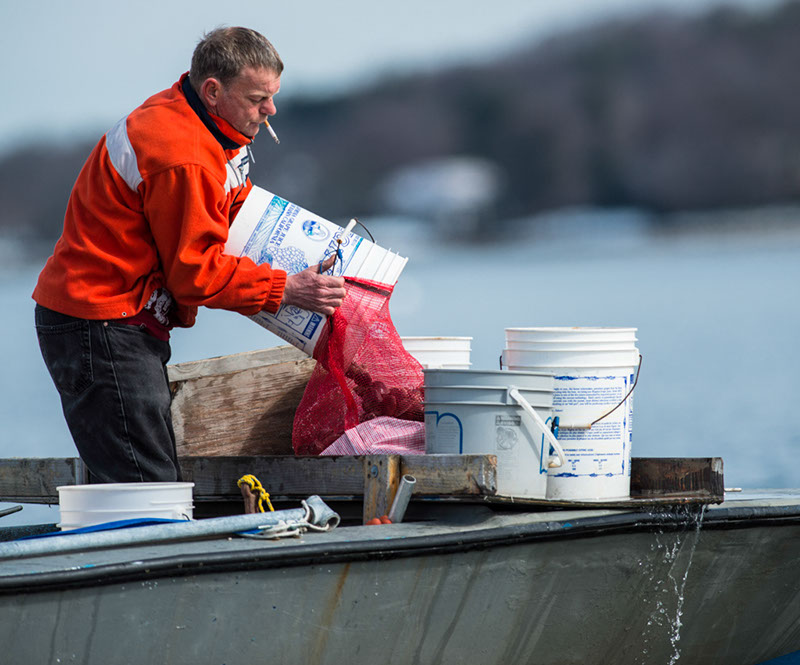You Have the Power Today to Preserve this Rich History
We are a 501 C3 non-profit organization.
The Baymens Heritage Association aims to develop and preserve shellfishing history, conserve, and protect our current resources and most importantly to educate and promote this tradition to future generations. The Board members and associates affiliated with this memorial are non-paid volunteers who have dedicated their time and efforts to ensure this project is successful.
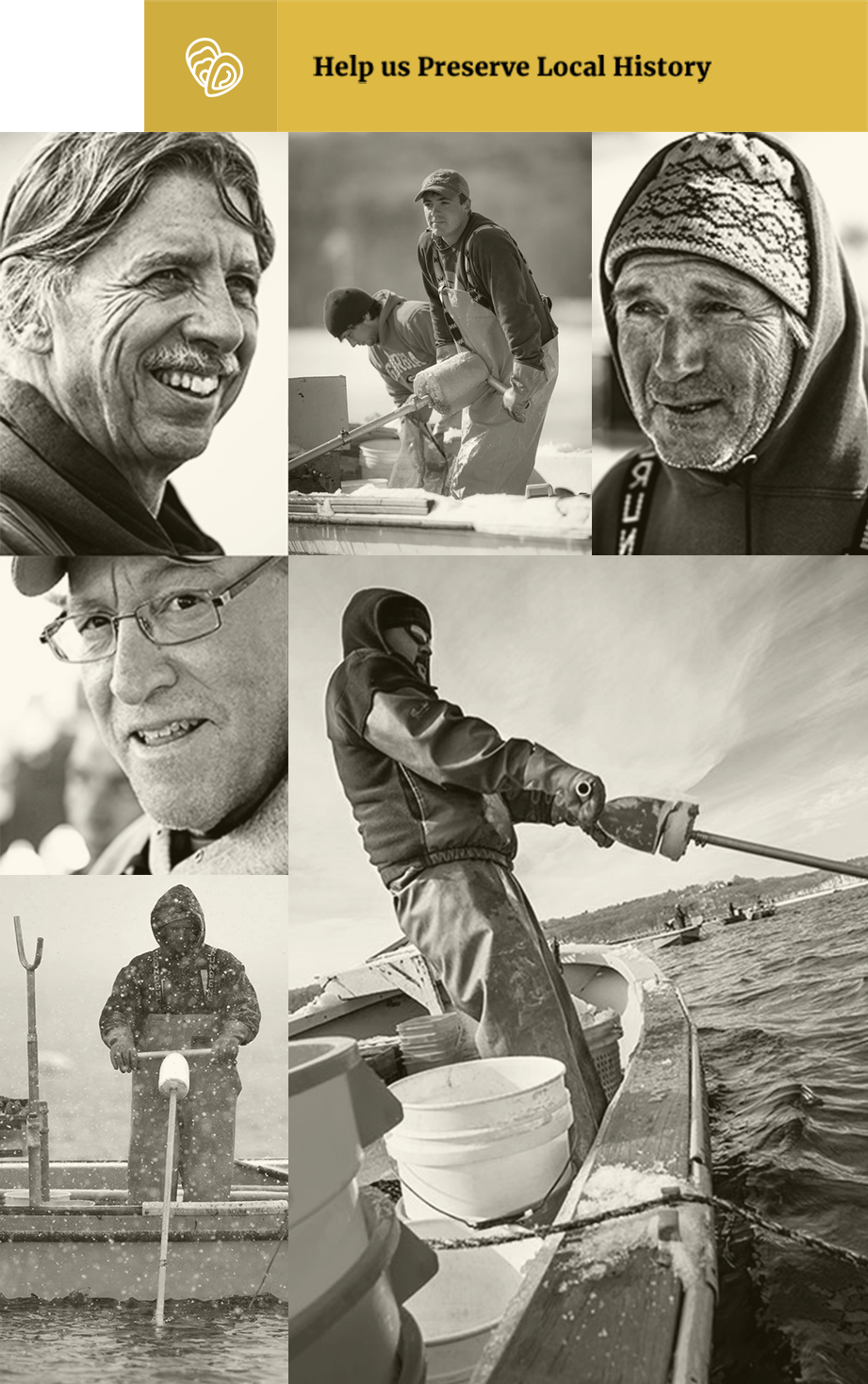
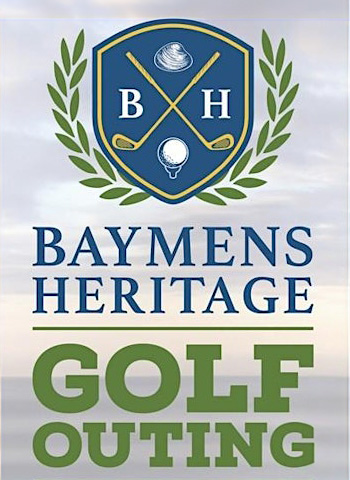
BAYMENS HERITAGE GOLF OUTING
Join us Monday, September 23rd for a day of golfing fun benefiting the Baymens Heritage – good times, good friends, and good swings!
Monday September 23rd
9:30 am to 8:00 pm EDT
Glen Cove Golf Course
109 Lattingtown Road Glen Cove, NY 11542
All proceeds to benefit The Baymens Heritage Assoc. Inc. A non-profit 501(c)3 Corp.
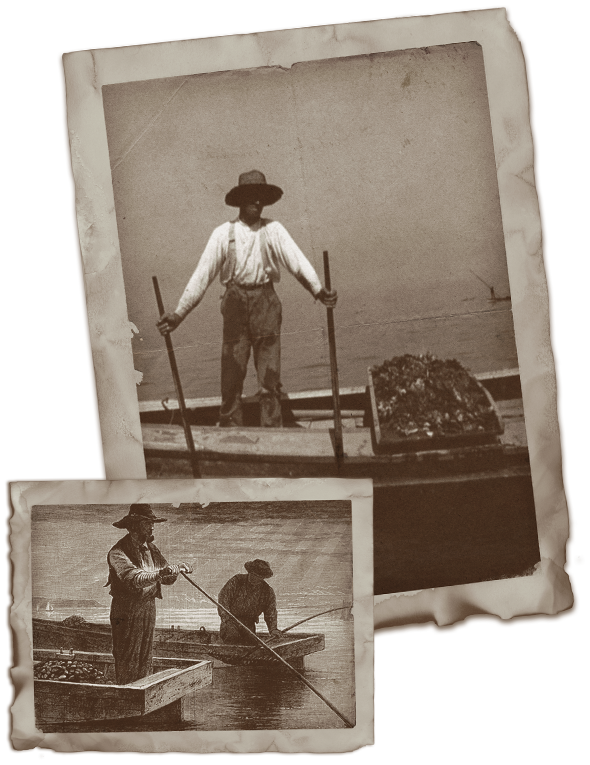
How Your Donation Helps
Keeping
|
501 C3
|
Community
|

You Have the Power Today to Preserve this Rich History
We are a 501 C3 non-profit organization.
The Baymens Heritage Association aims to develop and preserve shellfishing history, conserve, and protect our current resources and most importantly to educate and promote this tradition to future generations. The Board members and associates affiliated with this memorial are non-paid volunteers who have dedicated their time and efforts to ensure this project is successful.

How Your Donation Helps
![]()
Keeping Tradition
Your donation will help us remember this time honored and historical tradition by creating a monument in Oyster Bay at Theodore Roosevelt Park.
501 C3 non-profit
The Baymens Heritage Association was established in May 2021. Our non-profit status is administered by the US Department of Treasury through the Internal Revenue Service.
Community
Support
Supporting the history of our community brings us together. We can help keep these stories alive for future generations to come.
The Monument
This memorial will honor those who for hundreds of years labored and at times lost their lives to bring us the treasured resources of the waters. This story is a fundamental component of our history that needs to be shared and recognized.
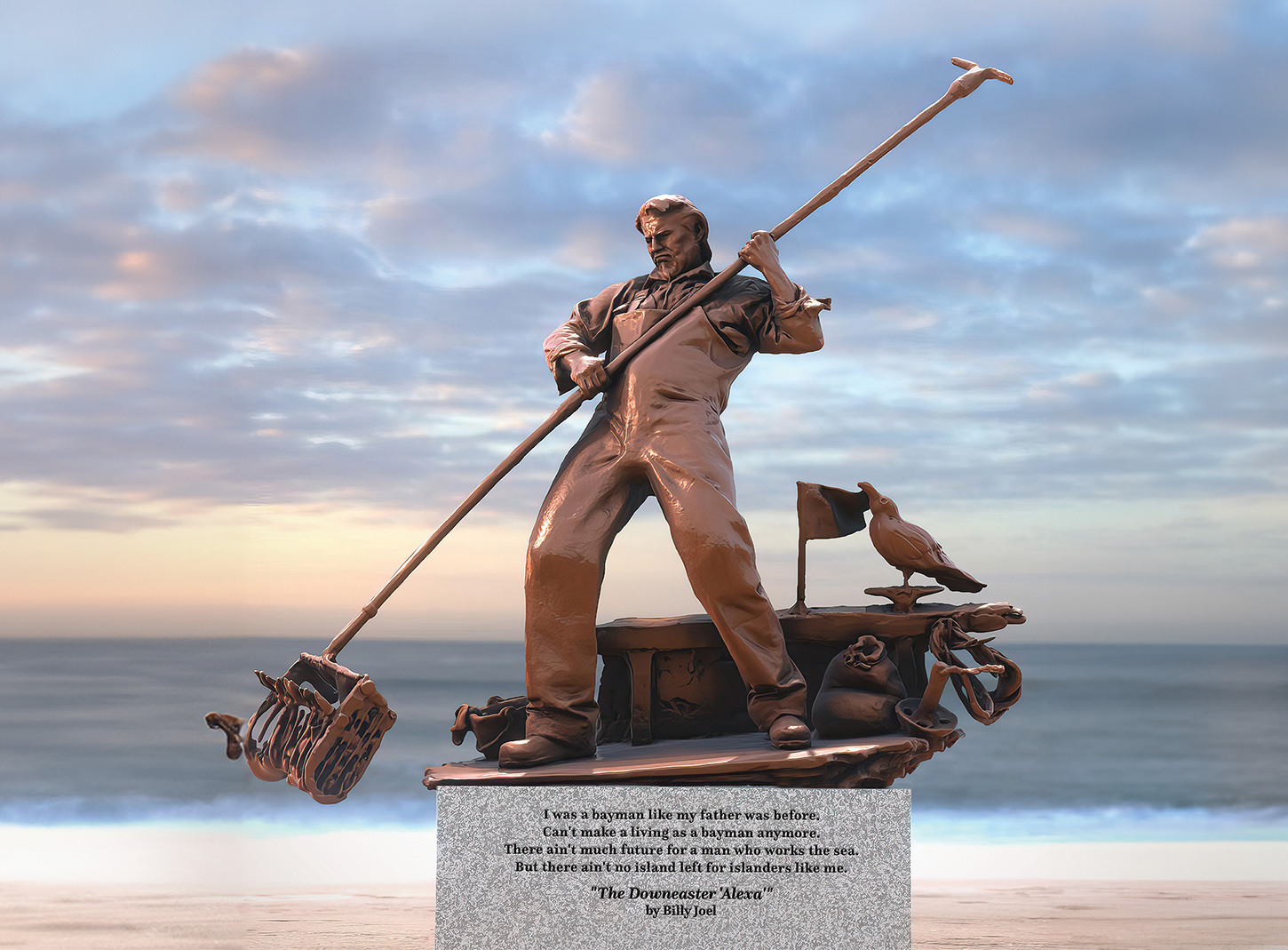
The Monument
This memorial will honor those who for hundreds of years labored and at times lost their lives to bring us the treasured resources of the waters. This story is a fundamental component of our history that needs to be shared and recognized.
Theodore Roosevelt Memorial Park in Oyster Bay
With the support of The Town of Oyster Bay, the monument will be constructed in the Theodore Roosevelt Memorial Park, near the shoreline and adjacent to the boat ramps where both Baymen and community members launch their boats out onto the bay.
We envision a site where people can gather to enjoy sunrises and sunsets. A site where historical information will be presented to provide both visitors and residents of the community a deeper understanding, as well as a new perspective on the scenery in front of them.
The proposed monument will consist of a life-size bronze statue of a Baymen pulling his catch of shellfish onto his boat. His rake and poles will be pointing northward towards the sky. It will be positioned so that the sun will set behind the Baymen and shine through his arms as he works his equipment.
Four benches will surround the site and face the statue, providing a view of the landscape from all angles.
Fiberglass panels will contain historical and educational information on how to help protect and conserve our current shellfishing resources.
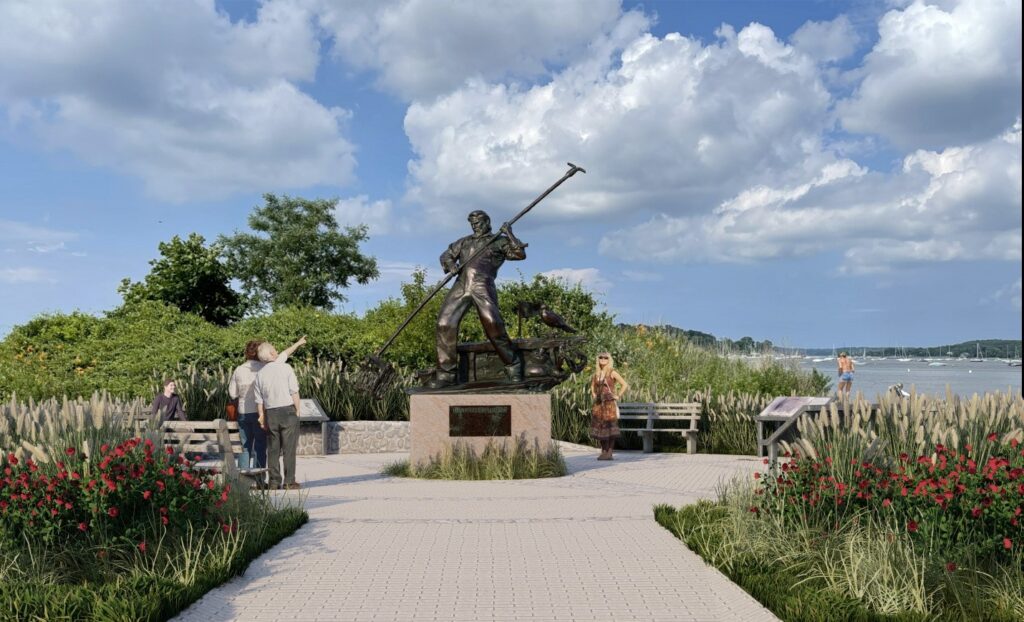
Let’s get started.
We are asking for your help to fund the construction of this monument that will stand to be a reminder of our heritage; proudly depicting the hardworking shellfisherman that have worked hand in hand with our beautiful harbors for generations.
Donations can be made by clicking on the Donate Now button or by mailing us a check payable to: Baymens Heritage Association Inc. P.O Box 4, Bayville, NY, 11709.
Theodore Roosevelt Memorial Park in Oyster Bay
With the support of The Town of Oyster Bay, the monument will be constructed in the Theodore Roosevelt Memorial Park, near the shoreline and adjacent to the boat ramps where both Baymen and community members launch their boats out onto the bay.
We envision a site where people can gather to enjoy sunrises and sunsets. A site where historical information will be presented to provide both visitors and residents of the community a deeper understanding, as well as a new perspective on the scenery in front of them.
The proposed monument will consist of a life-size bronze statue of a Baymen pulling his catch of shellfish onto his boat. His rake and poles will be pointing northward towards the sky. It will be positioned so that the sun will set behind the Baymen and shine through his arms as he works his equipment.
Four benches will surround the site and face the statue, providing a view of the landscape from all angles.
Fiberglass panels will contain historical and educational information on how to help protect and conserve our current shellfishing resources.
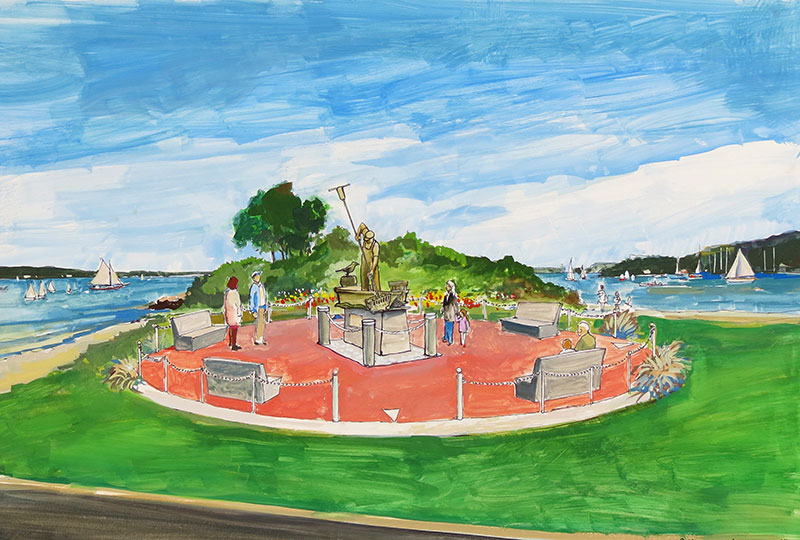
The Proposed Monument
Let’s get started.
We are asking for your help to fund the construction of this monument that will stand to be a reminder of our heritage; proudly depicting the hardworking shellfisherman that have worked hand in hand with our beautiful harbors for generations.
Donations can be made by clicking on the Donate Now button or by mailing us a check payable to: Baymens Heritage Association Inc. P.O Box 4, Bayville, NY, 11709.
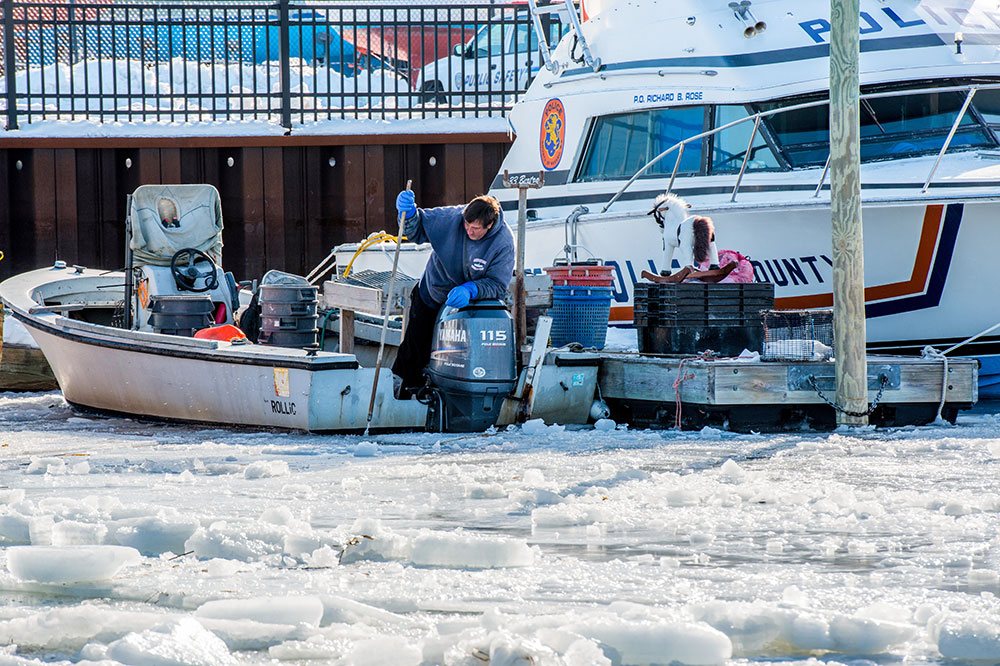
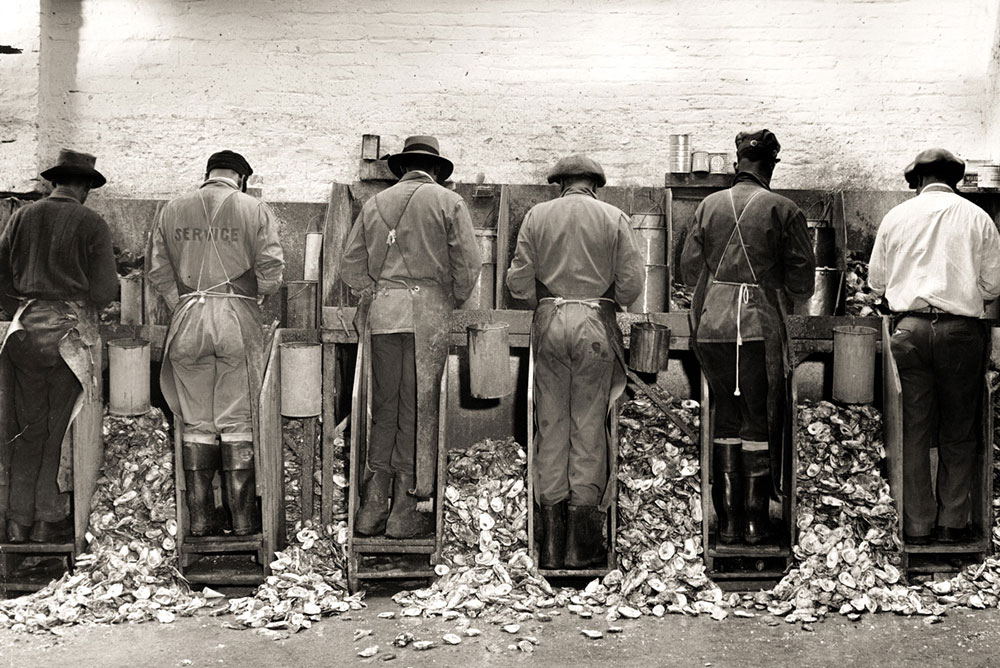
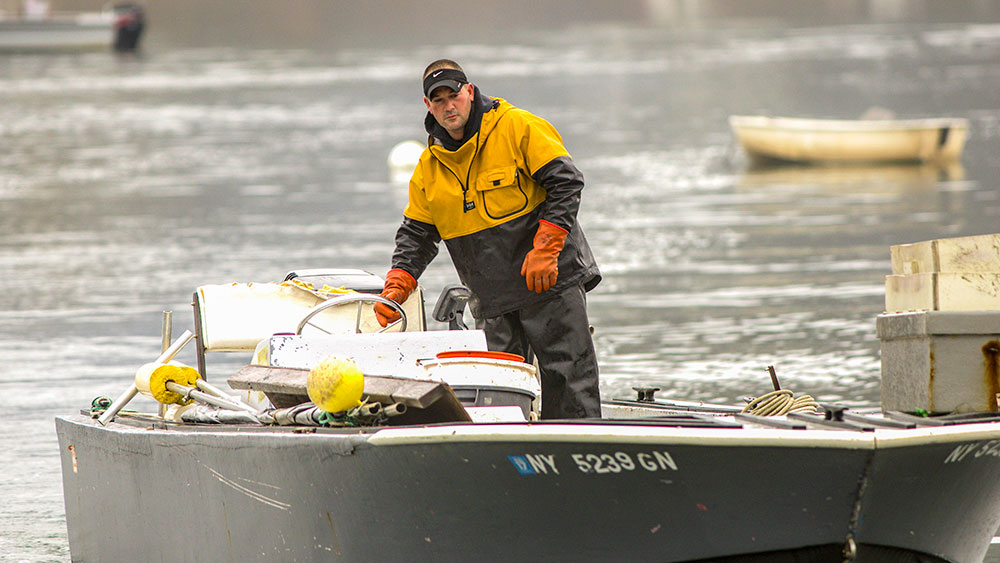



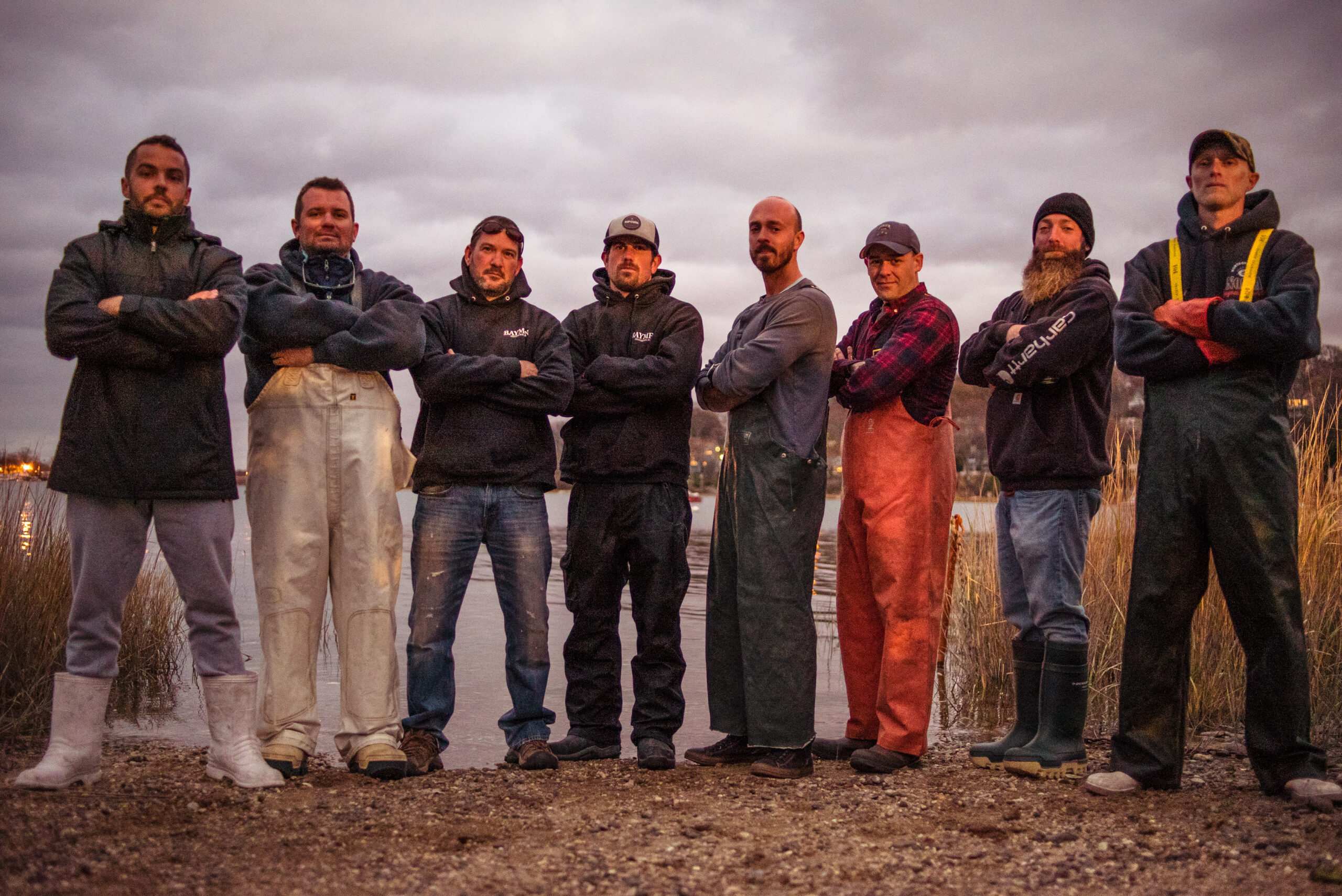
The History & Tradition
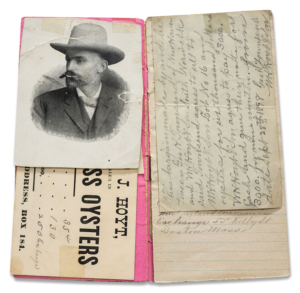 We know that the earliest coastal communities around the country depended very heavily on harvesting shellfish as a primary food source. Native Americans living in coastal areas deposited heaps of oyster, clam, and mussel shells in mounds and rings along the Atlantic coast. European settlers and colonists were no less dependent on shellfish for sustenance. It is from small-town coastal fishing communities that the inshore fishermen known as “Independent Baymen” have evolved. With the advent of steam and then gasoline engines, power slowly became available to fishermen, and power dredging soon threatened the sustainability of public shellfish beds. Consequently, in the 1870s New York State Legislation passed a series of laws that prohibited the use of power for harvesting shellfish on public lands. These laws are still in effect today. Baymen harvest hard clams from skiffs, pulling their rakes by hand and combing clams out of the bottom. Similarly, oysters are raked, tonged, collected by divers and picked from the shorelines at low tide.
We know that the earliest coastal communities around the country depended very heavily on harvesting shellfish as a primary food source. Native Americans living in coastal areas deposited heaps of oyster, clam, and mussel shells in mounds and rings along the Atlantic coast. European settlers and colonists were no less dependent on shellfish for sustenance. It is from small-town coastal fishing communities that the inshore fishermen known as “Independent Baymen” have evolved. With the advent of steam and then gasoline engines, power slowly became available to fishermen, and power dredging soon threatened the sustainability of public shellfish beds. Consequently, in the 1870s New York State Legislation passed a series of laws that prohibited the use of power for harvesting shellfish on public lands. These laws are still in effect today. Baymen harvest hard clams from skiffs, pulling their rakes by hand and combing clams out of the bottom. Similarly, oysters are raked, tonged, collected by divers and picked from the shorelines at low tide.
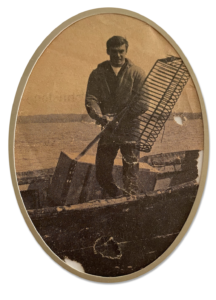 Traditional hand-harvest Baymen rake clams and oysters in waters from a few feet up to 60-feet in depth, with rakes attached to long aluminum poles. The rakes are now welded stainless steel but are recognizable as being evolved from the original hand-forged iron rakes of 150-years ago. Many challenges face Baymen including water quality, coastal eutrophication, habitat degradation, water access, and privatization of natural shellfish habitat. The Magnuson-Stevens Fisheries Conservation and Management Act was enacted by congress to protect all United States fishing communities, but the small boat inshore shellfishermen living and working in coastal towns seem never to have been given appropriate consideration. Independent Baymen are inextricably linked to the natural shellfish habitat they work. There is so much more that should have been done and even more that can still be done to support and enable the recovery of inshore shellfisheries.
Traditional hand-harvest Baymen rake clams and oysters in waters from a few feet up to 60-feet in depth, with rakes attached to long aluminum poles. The rakes are now welded stainless steel but are recognizable as being evolved from the original hand-forged iron rakes of 150-years ago. Many challenges face Baymen including water quality, coastal eutrophication, habitat degradation, water access, and privatization of natural shellfish habitat. The Magnuson-Stevens Fisheries Conservation and Management Act was enacted by congress to protect all United States fishing communities, but the small boat inshore shellfishermen living and working in coastal towns seem never to have been given appropriate consideration. Independent Baymen are inextricably linked to the natural shellfish habitat they work. There is so much more that should have been done and even more that can still be done to support and enable the recovery of inshore shellfisheries.
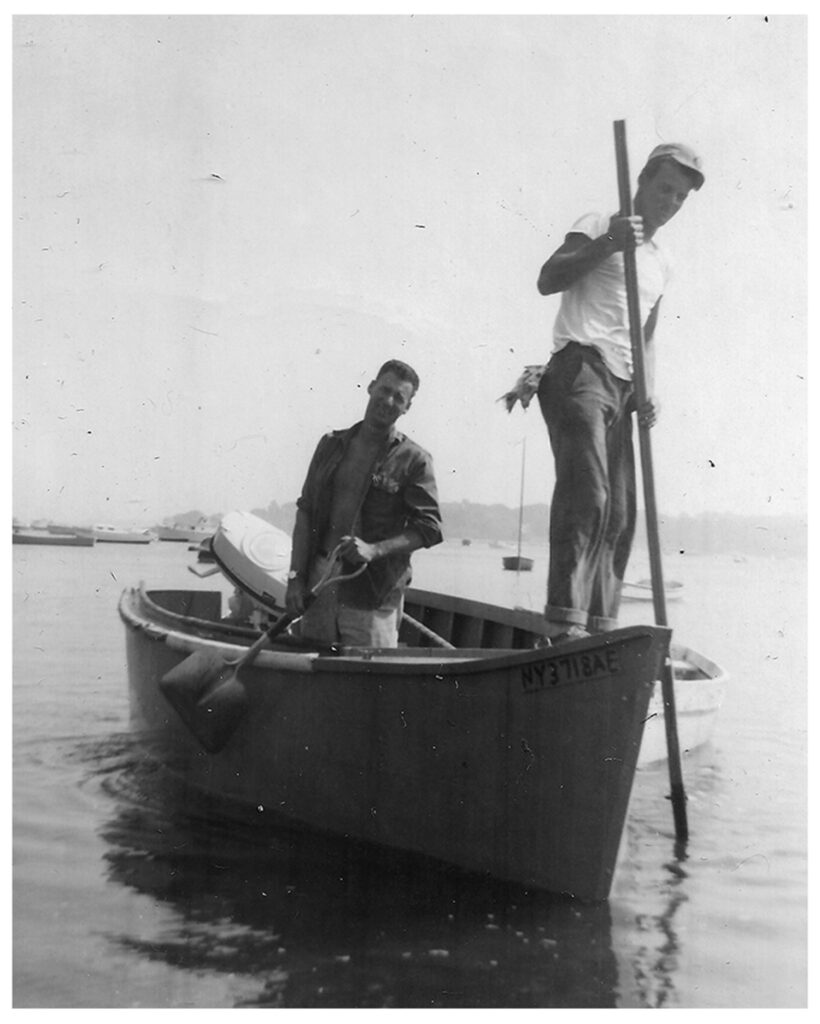

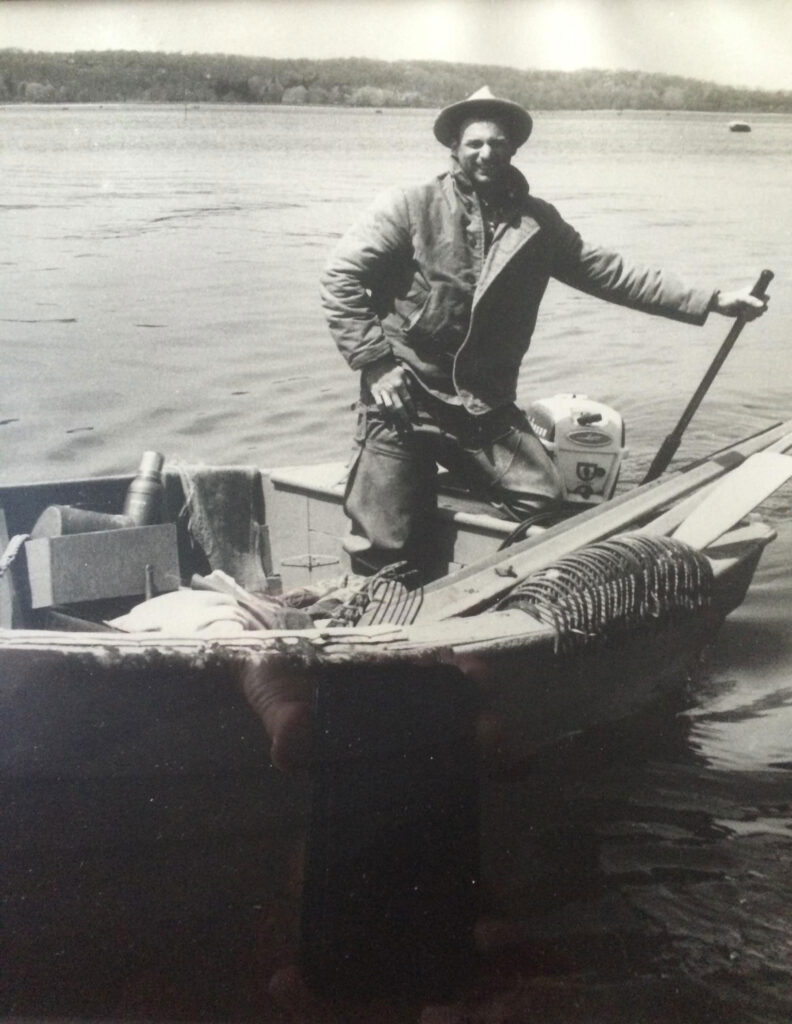
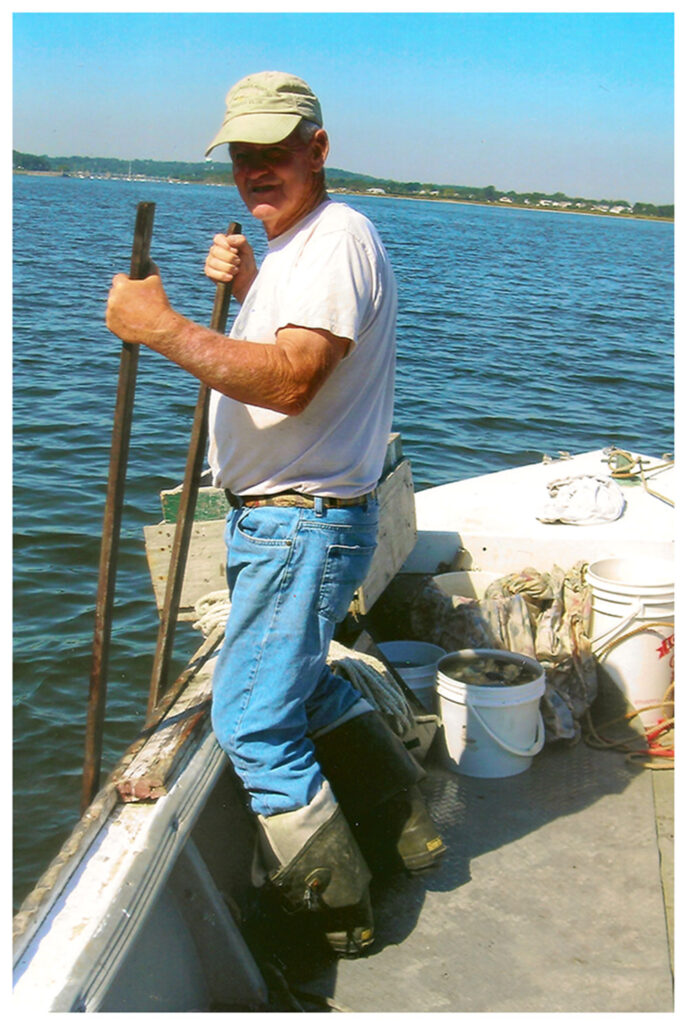
The History & Tradition
 We know that the earliest coastal communities around the country depended very heavily on harvesting shellfish as a primary food source. Native Americans living in coastal areas deposited heaps of oyster, clam, and mussel shells in mounds and rings along the Atlantic coast. European settlers and colonists were no less dependent on shellfish for sustenance. It is from small-town coastal fishing communities that the inshore fishermen known as “Independent Baymen” have evolved. With the advent of steam and then gasoline engines, power slowly became available to fishermen, and power dredging soon threatened the sustainability of public shellfish beds. Consequently, in the 1870s New York State Legislation passed a series of laws that prohibited the use of power for harvesting shellfish on public lands. These laws are still in effect today. Baymen harvest hard clams from skiffs, pulling their rakes by hand and combing clams out of the bottom. Similarly, oysters are raked, tonged, collected by divers and picked from the shorelines at low tide.
We know that the earliest coastal communities around the country depended very heavily on harvesting shellfish as a primary food source. Native Americans living in coastal areas deposited heaps of oyster, clam, and mussel shells in mounds and rings along the Atlantic coast. European settlers and colonists were no less dependent on shellfish for sustenance. It is from small-town coastal fishing communities that the inshore fishermen known as “Independent Baymen” have evolved. With the advent of steam and then gasoline engines, power slowly became available to fishermen, and power dredging soon threatened the sustainability of public shellfish beds. Consequently, in the 1870s New York State Legislation passed a series of laws that prohibited the use of power for harvesting shellfish on public lands. These laws are still in effect today. Baymen harvest hard clams from skiffs, pulling their rakes by hand and combing clams out of the bottom. Similarly, oysters are raked, tonged, collected by divers and picked from the shorelines at low tide.
 Traditional hand-harvest Baymen rake clams and oysters in waters from a few feet up to 60-feet in depth, with rakes attached to long aluminum poles. The rakes are now welded stainless steel but are recognizable as being evolved from the original hand-forged iron rakes of 150-years ago. Many challenges face Baymen including water quality, coastal eutrophication, habitat degradation, water access, and privatization of natural shellfish habitat. The Magnuson-Stevens Fisheries Conservation and Management Act was enacted by congress to protect all United States fishing communities, but the small boat inshore shellfishermen living and working in coastal towns seem never to have been given appropriate consideration. Independent Baymen are inextricably linked to the natural shellfish habitat they work. There is so much more that should have been done and even more that can still be done to support and enable the recovery of inshore shellfisheries.
Traditional hand-harvest Baymen rake clams and oysters in waters from a few feet up to 60-feet in depth, with rakes attached to long aluminum poles. The rakes are now welded stainless steel but are recognizable as being evolved from the original hand-forged iron rakes of 150-years ago. Many challenges face Baymen including water quality, coastal eutrophication, habitat degradation, water access, and privatization of natural shellfish habitat. The Magnuson-Stevens Fisheries Conservation and Management Act was enacted by congress to protect all United States fishing communities, but the small boat inshore shellfishermen living and working in coastal towns seem never to have been given appropriate consideration. Independent Baymen are inextricably linked to the natural shellfish habitat they work. There is so much more that should have been done and even more that can still be done to support and enable the recovery of inshore shellfisheries.





